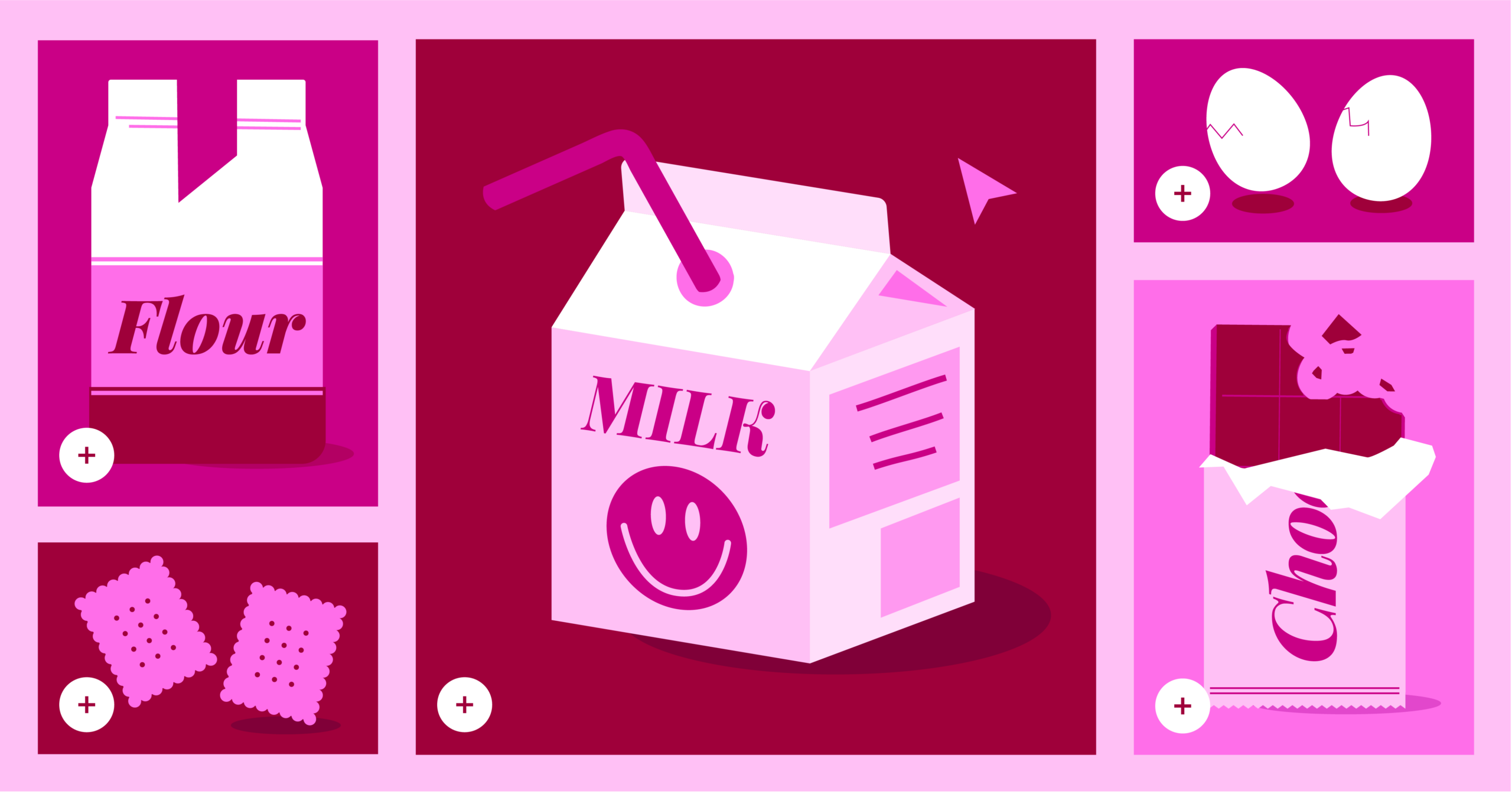Have you ever pondered how to become a product tester? Delve into the world of product testing to uncover the secrets of this exciting opportunity. From testing out new gadgets to providing valuable feedback, the journey of a product tester is full of surprises and challenges. While it may seem like a dream job, there’s more to it than meets the eye. Discover what it takes to excel in this role and stand out from the crowd. Get ready to embark on an exhilarating adventure where every product offers the potential for discovery and innovation.
Key Takeaways
-
Start Testing Today: Begin by signing up for product testing platforms and companies to kickstart your testing journey.
-
Develop Essential Skills: Hone your attention to detail, communication skills, and ability to provide constructive feedback to excel as a product tester.
-
Stay Updated: Keep abreast of the latest trends in product testing methodologies and technologies to enhance your effectiveness as a tester.
-
Quality Over Quantity: Focus on thorough and meticulous testing rather than rushing through multiple products to ensure accurate and valuable feedback.
-
Build Relationships: Foster strong connections with product developers and fellow testers to exchange insights, learn from each other, and grow in the field.
-
Continuous Improvement: Regularly assess your testing processes, seek feedback, and adapt best practices to elevate your skills and reputation in the product testing community.
Understanding Product Testing

Types of Testing
Product testing is crucial in the product development process to ensure reliable and safe products. Different types of testing include concept testing and prototype testing.
Concept testing involves evaluating a product idea before investing in full production. It helps companies determine consumer interest and potential success. On the other hand, prototype testing assesses the functionality and performance of a product before mass production.
Importance of Consumer Feedback
Consumer feedback plays a pivotal role in creating successful products. By gathering insights from consumers through surveys, focus groups, or reviews, companies can make informed decisions to improve their products.
Feedback helps identify areas for improvement, understand consumer preferences, and address any issues early on. Incorporating consumer feedback leads to enhanced product quality, increased customer satisfaction, and higher sales.
Steps to Start as a Tester

-
Join reputable product testing platforms like Influenster and Defender
-
Create a detailed demographic profile for better matching
-
Actively participate in surveys and feedback sessions
Essential Skills and Requirements
Analytical Skills
Develop strong analytical skills to evaluate products effectively. Testers need to be able to analyze data and identify potential issues with the products they are testing. By honing these skills, testers can provide valuable insights into product quality and functionality.
Communication Skills
Cultivate clear communication skills for providing constructive feedback. Testers must be able to clearly articulate their findings to developers and other team members. Effective communication ensures that any issues identified during testing are understood and addressed promptly.
Adaptability
Demonstrate adaptability to various testing scenarios and product types. Testers may encounter a wide range of products with different functionalities and requirements. Being adaptable allows testers to navigate these varying situations confidently and efficiently.
Best Practices for Effective Testing
Consistent Protocol
Establish a consistent testing protocol to ensure reliable results. Create a standardized process that outlines the steps from test initiation to conclusion. This protocol should include clear guidelines on how to conduct tests, record observations, and report findings. By following a consistent protocol, testers can maintain accuracy and reproducibility in their results.
Diverse Perspectives
Maintain an open mindset to embrace diverse perspectives and unexpected feedback during the testing process. Encourage testers to approach each test with curiosity and a willingness to learn from different viewpoints. Incorporating diverse perspectives can uncover unique use cases and potential issues that may have been overlooked otherwise.
Systematic Analysis
Organize and analyze data systematically to derive actionable insights. Utilize tools and software to manage data efficiently, ensuring that all relevant information is captured and analyzed. By systematically analyzing data, testers can identify patterns, trends, and areas for improvement in product performance.
Summary
Understanding product testing, starting as a tester, honing essential skills, and following best practices are crucial steps in your journey. By grasping the fundamentals, initiating your testing career, mastering necessary skills, and adopting effective strategies, you pave the way for success in the product testing realm. Remember, consistency and dedication will be your allies as you navigate this field. Stay curious, keep learning, and embrace challenges to refine your craft continuously.

Frequently Asked Questions
How important is understanding product testing for aspiring testers?
Understanding product testing is crucial as it forms the foundation of your role. It involves learning about the process, methodologies, and tools used in testing products, which are essential for performing effectively as a tester.
What are the initial steps one should take to start a career as a tester of products?
To begin a career in product testing, you should focus on gaining relevant knowledge through courses or certifications, building practical experience through internships or freelance projects, and networking with professionals in the field.
What are the essential skills and requirements needed to become a successful product tester?
Key skills include attention to detail, analytical thinking, communication skills, and proficiency in using testing tools. Requirements often include a degree in a related field like computer science or engineering, along with certifications such as ISTQB.
Why are best practices important in product testing?
Following best practices ensures thorough and effective testing, leading to higher quality products. It helps testers identify defects early in the development cycle, improve overall product performance, and enhance user satisfaction by delivering reliable and bug-free products.

